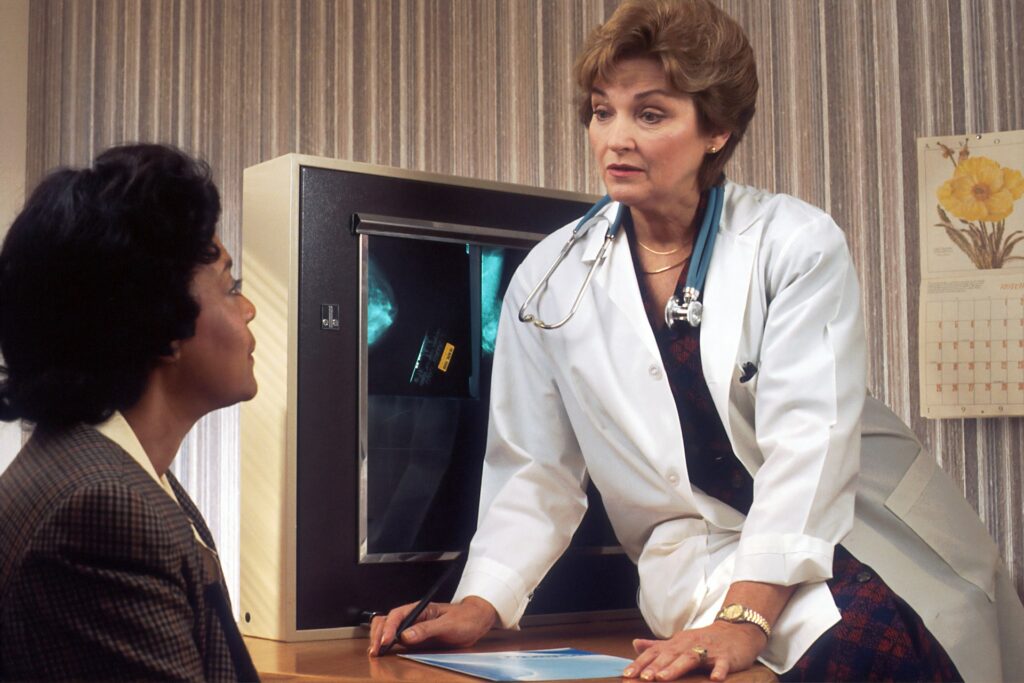Navigating medical treatment in the UK, especially for those outside the country, can be a challenging journey. While there isn’t a specific medical visa, individuals seeking private medical care can opt for the UK standard visitor visa. Let’s delve into what this entails and how it impacts accompanying family members.
Requirements for a UK Medical Visit Visa
Under the standard visitor visa, individuals can:
- Receive private medical treatment at a hospital or specialized facility.
- Undergoing treatment at a National Health Service (NHS) hospital is funded by the government through a reciprocal healthcare arrangement.
- Donate organs to family or friends and undergo assessment for compatibility.
Eligibility for this visa necessitates:
- Genuine intent to depart the UK after treatment.
- Adequate funds to sustain oneself during the stay.
- Proof of financial capability for the onward journey.
- Avoiding residency in the UK by making successive visits on a visitor visa.
For those seeking private medical treatment, additional requirements include:
- Proof of a medical condition necessitating expertise in the UK.
- Arrangements made for necessary consultations or treatment.
- Ability to cover expenses.
- No infectious diseases pose public health risks.
Applying for a UK Medical Visa
To obtain a medical visa:
- Check if a standard visitor visa is needed.
- Complete and submit the online application form.
- Pay the applicable fee.
- Attend an appointment at a visa application center for biometrics and document submission.
Additionally, a letter from the doctor detailing the medical condition, treatment duration, and location is required. Visa decisions typically arrive within three weeks.
Extending a UK Visa for Medical Purposes
For treatments exceeding six months, applying for an 11-month visitor visa is advisable to safeguard immigration status. Extensions are possible at a cost, with no limit on the number of applications.
Family Accompaniment
While the primary visa holder can extend their stay for medical reasons, family members may face constraints. The Home Office typically grants extensions beyond six months only for medical, academic, or professional reasons. However, in exceptional cases where dependents require continued care, one can seek discretionary leave from the Home Office.





